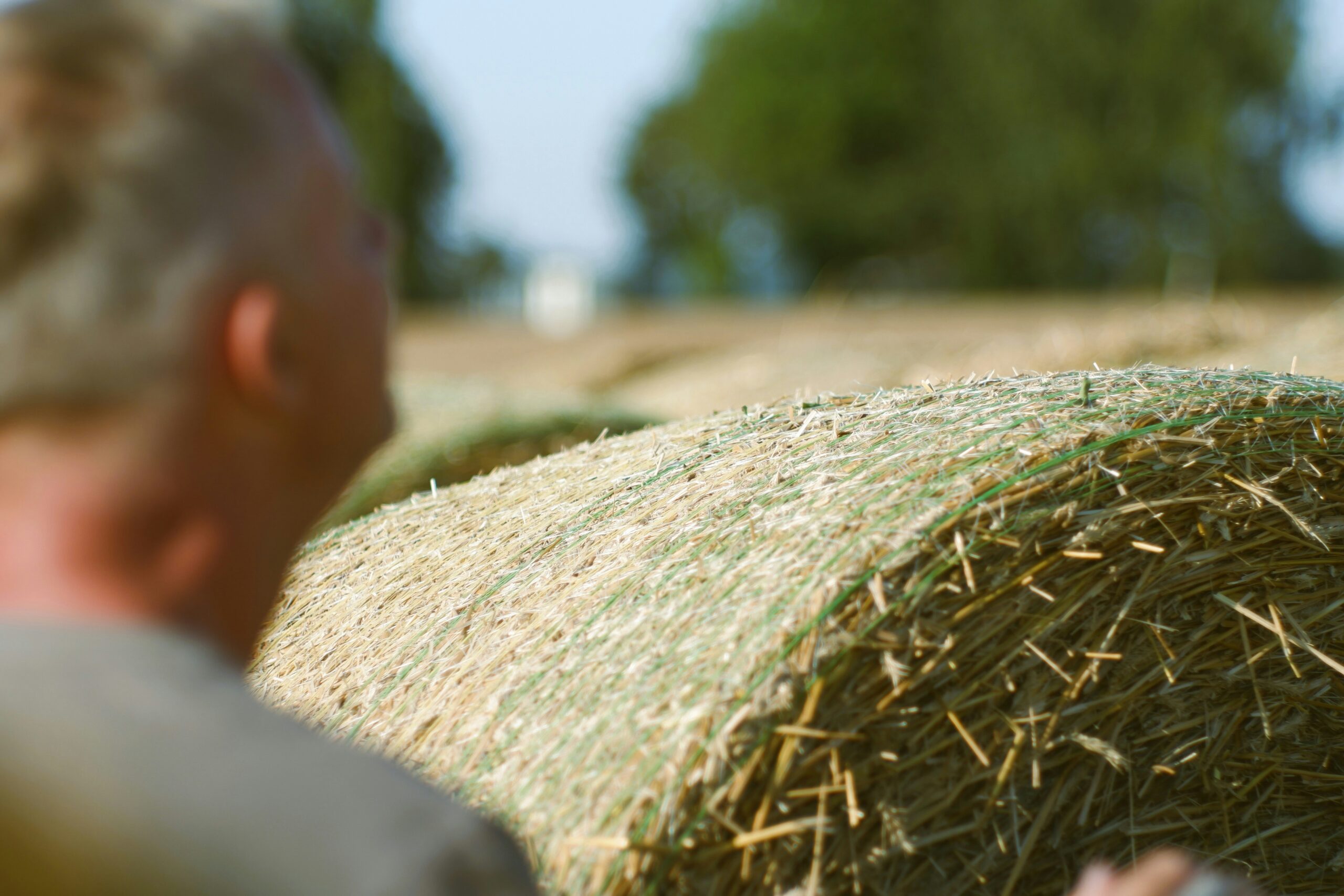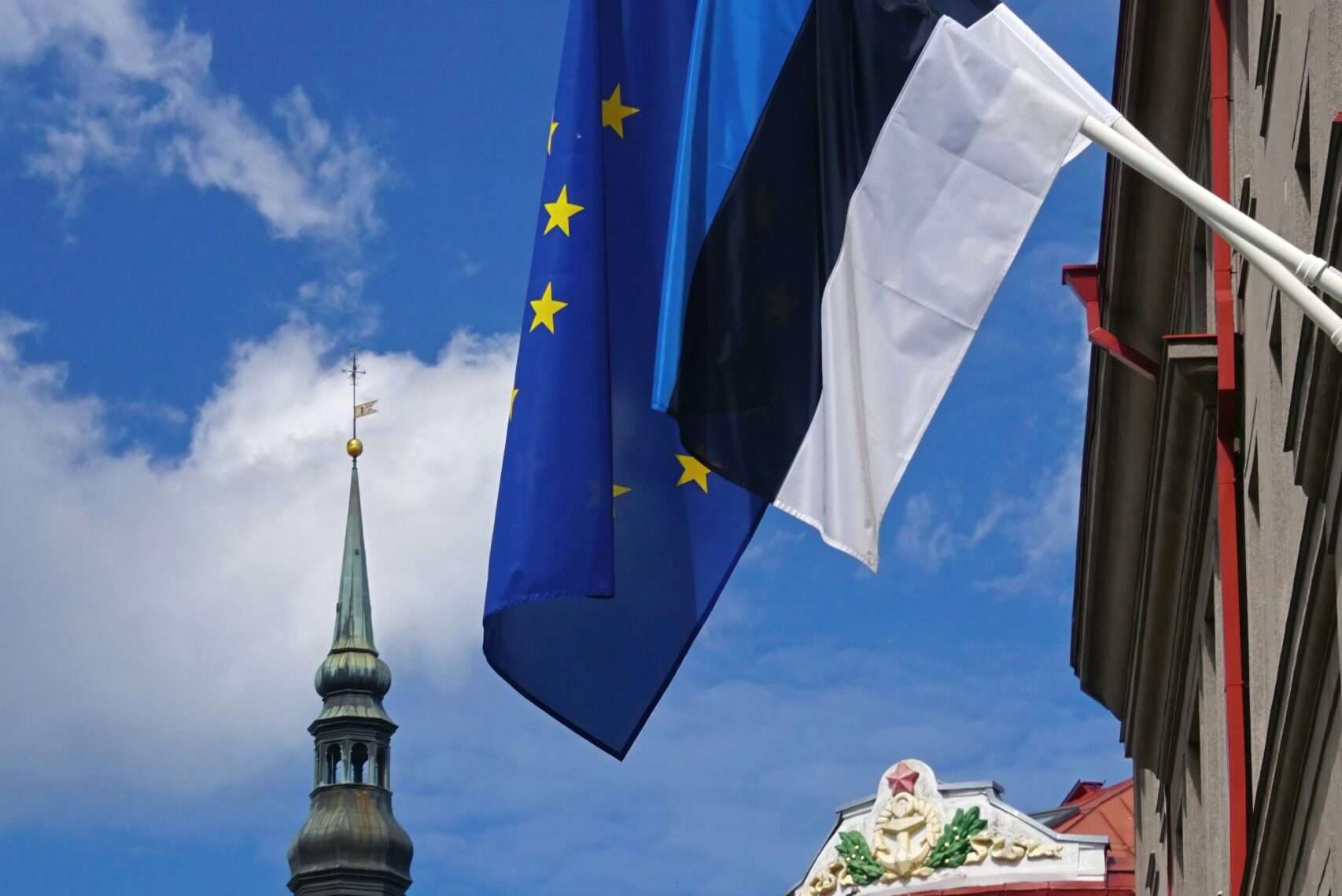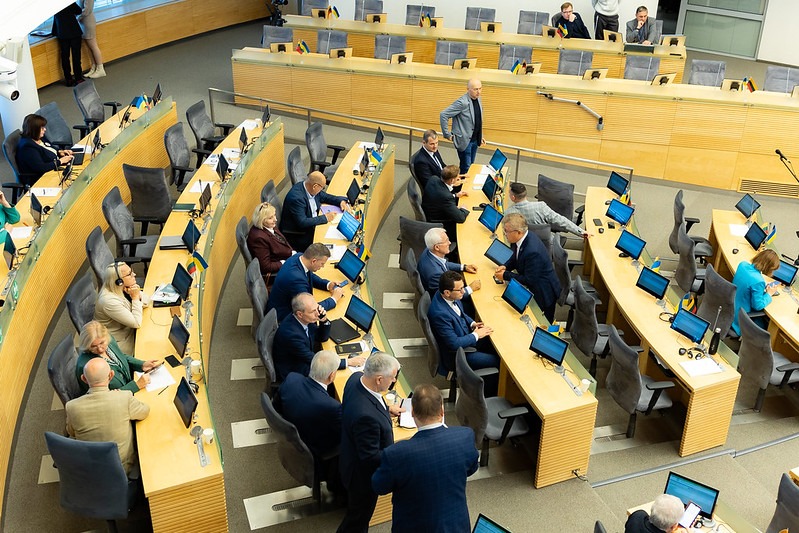Report
Estonia Weekly: Satirical “Olivier Salad Ban” Rumour Fuels Russophobia
Pro-Kremlin online voices in Estonia amplified both fabricated claims about cultural repression and criticism of long queues at the Narva border, framing these measures as evidence of “Russophobia.”
Weekly Reports
Latvia Weekly: Economic Decisions Under Fire
Recent narratives in Latvian media depict the economy as faltering, with critiques of major projects like Rail Baltica, described as a “bottomless pit” draining resources. Claims also suggest that disconnecting from the Russia-Belarus BRELL power grid in favor of European synchronization will drive up electricity costs.
Read moreEstonia Weekly: Debate Heats Up Over Voting Rights and the Russian Church
This week two major stories developed in the Estonian information space, where they provoked negative discussions and reactions from some Russian speakers. In this context, the issue of voting rights and the future status of the Russian Orthodox Church in Estonia will remain socio-politically resonant issues that can potentially be used in disinformation campaigns and the promotion of hostile narratives.
Read moreLithuania Weekly: Kremlin Media Portrays Shift Toward a Multipolar World
Kremlin-backed media portrayed the BRICS group as an emerging global force poised to challenge the current world order. These outlets emphasized the alleged decline of U.S. dominance, pointing to the summit as evidence of a growing multipolar world led by powers like China and Russia.
Read moreLatvia Weekly: Farmers Voice Concerns Over EU Regulations
Latvian farmers are raising concerns about the European Union’s agricultural policies, which they argue have burdened the industry with excessive bureaucracy. Critics say that these regulations hinder productivity and place additional strain on an already challenging sector.
Read moreEstonia Weekly: Voting Rights Debate
Recent discussions in Estonian media highlight disagreements over the exclusion of Russian and Belarusian residents from voting in local elections.
Read moreLithuania Weekly: “Foxpay” Scandal and Election Echoes
Lithuanian prosecutors have launched a major investigation into financial technology company Foxpay, suspecting property crimes and corruption. Key individuals, including Ieva Trinkūnaitė and Mindaugas Navickas, have been detained amid allegations of money laundering and bribery. Meanwhile, Kremlin-aligned media focused on election transparency concerns and highlighted claims of a mass surrender by Ukrainian forces in the Kursk region, further attempting to undermine Ukraine’s war effort.
Read moreLatvia Weekly: Narratives of NATO Distrust and EU Criticism Amid Migrant Debate
During the examined week, key narratives centered on distrust in NATO unity and negative sentiment toward EU policies on migration and climate change. An opposition party member claimed that while Eastern Europe faces war on its borders, Western Europe battles a “war on its streets” caused by migrants, described as uncivilized and a societal threat. TikTok remained the leading platform for reach and engagement, especially among Russian and Latvian-speaking audiences, while activity on X (formerly Twitter) declined.
Read moreEstonia Weekly: Allegations of Corruption and Inequality
This week saw strong anti-government sentiment, with claims that Estonia and the West are propaganda tools for Ukraine. Most posts focused on the 2025 budget, alleging tax increases for the poor and cuts for the wealthy, alongside accusations of European Parliament corruption and police inaction.
Read moreLithuania Weekly: Elections Finally Taking Place
Last week’s media focus was on the Parliament elections, with many candidates adopting anti-government positions. Petras Gražulis, an MEP, posted Facebook reels criticizing the ruling government and promoting his nationalist party. Irma Gajauskaitė, a candidate from the Union of People and Justice, was detained after encouraging violence in a Facebook video. As election results began to come in, discussions about the transparency of the process surfaced, and anti-government narratives are expected to continue until the second round.
Read moreShowing 163 to 171 of 334 results
Don’t miss a story.
We publish stories that change laws, lives, minds and the world. Subscribe to our newsletter to get our investigations delivered to your inbox.








